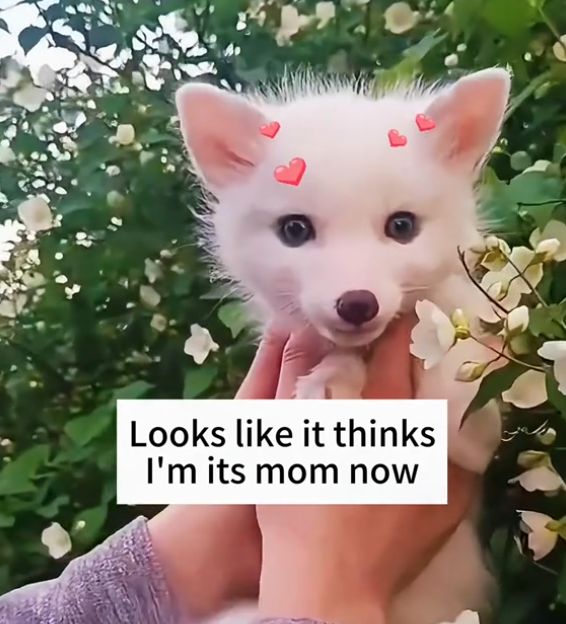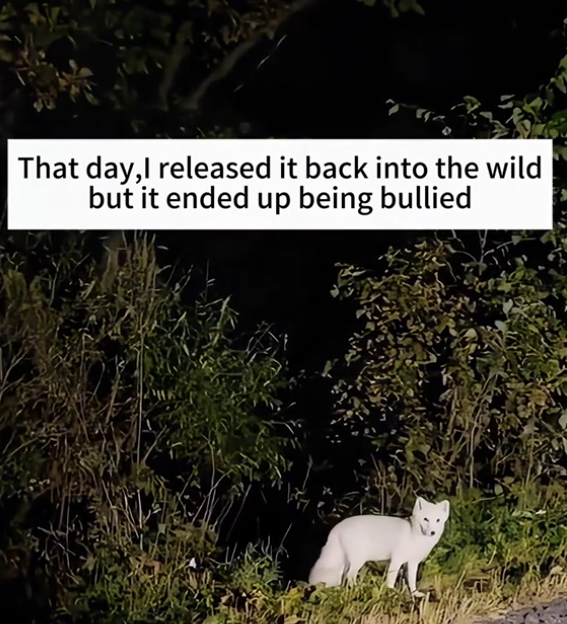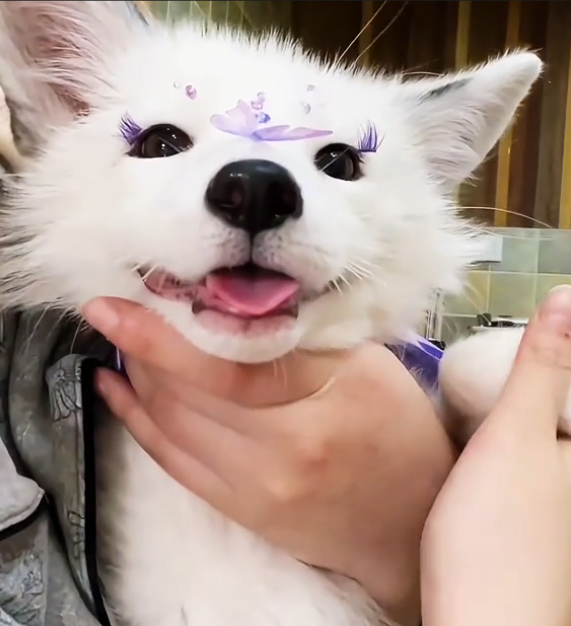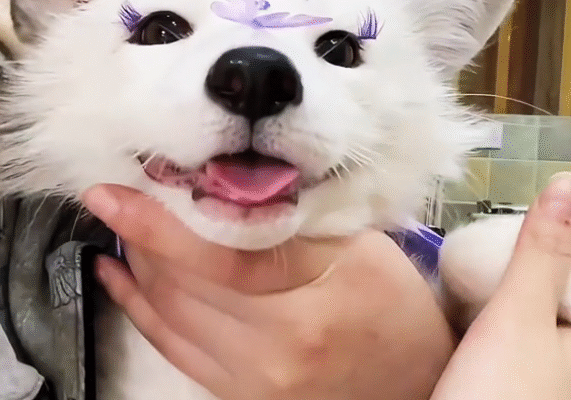
It was a chilly morning in early spring when everything began. My husband, Daniel, was out for his usual run in the woods behind our cabin. He loved those solitary jogs—just him, the rhythm of his feet, and the sounds of the forest slowly waking up. But that day, he came home carrying something wrapped in his jacket, something that squirmed and whimpered softly.
“A fox kit,” he whispered, wide-eyed, as he gently unwrapped the bundle.
I gasped. It was no bigger than a loaf of bread, fur matted with dew and dirt, legs trembling with exhaustion. It had striking amber eyes that stared straight into ours without fear. The little thing looked up at Daniel as if it had known him forever.
“We can’t keep it,” I said, torn between awe and worry. “What if the mother’s nearby?”
“I waited,” Daniel replied. “For hours. No sign of her. He kept following me. I tried walking away, but he limped after me every time.”
And just like that, the fox—whom we later named Ember—became part of our lives.
At first, it was only meant to be temporary. We built a warm nest for him in the shed, fed him kitten formula, and called wildlife rescue centers to check if they’d take him. All were at capacity, or said he’d likely be euthanized because of his attachment to humans.
“He chose you,” I teased Daniel one night, watching Ember curl up at his feet while we sat on the porch. “You’re his human now.”
Daniel chuckled, scratching behind the fox’s ears. “He’s got good taste.”
Weeks turned into months. Ember grew fast—sleek red coat, sharp black ears, bushy tail that brushed the floors as he trotted through the house. He was playful, clever, and incredibly loyal… especially to Daniel. He’d follow him everywhere: from the garage to the garden, even lying at his feet when Daniel worked on his laptop.
“He doesn’t like me as much,” I pouted once.
“He likes you fine,” Daniel said. “But I’m the one who carried him home.”
Still, I noticed it too. Ember wasn’t hostile to me, not at all, but his heart clearly belonged to Daniel. They were inseparable. And I admit, it was endearing—even when Ember chewed up Daniel’s socks or stole his sandwich off the kitchen counter.
Then, around Ember’s first birthday, something changed.
It started subtly—he became more watchful. He no longer allowed Daniel to pet him as freely. He would growl if I came near Daniel when Ember was sitting beside him. At first, we laughed it off.
“He’s being protective,” Daniel said.
“Or possessive,” I replied, half-joking.
Ember started marking places around the house—Daniel’s shoes, his side of the bed, even the doormat. It was animal behavior, sure, but something in his eyes had changed. He was no longer the curious, playful kit who followed Daniel around like a puppy.
He was wild. And he was watching.

The day it truly changed was the day I found Daniel in the garden with a bloody hand. Ember had bitten him.
“It was my fault,” Daniel insisted. “I startled him. He was eating, and I got too close.”
But the look in Ember’s eyes was not of fear. It was of challenge.
That night, I brought it up gently. “Maybe it’s time we let him go, Daniel. He’s grown now. He’s not meant to live like this.”
Daniel didn’t answer. He stared out the window where Ember lay curled up near the trees, staring right back at him.
“He won’t survive out there,” he said. “He’s used to us now.”
“He’s not a pet anymore,” I whispered. “And he doesn’t see us as his family.”
Daniel didn’t say it, but I saw it in his eyes. He was afraid too.
That week was the hardest of our lives. Ember stopped coming into the house altogether. He lurked around, sometimes disappearing for hours, only to return and sit outside Daniel’s workshop, silent and watching. His presence was no longer comforting. It felt… territorial. As though Daniel was something Ember claimed.
One night, Daniel didn’t come inside. I found him asleep in the shed, curled on a blanket near the doorway, Ember watching him from a dark corner. I begged him to come in. “Please,” I said. “You’re not safe.”
But Daniel was stubborn. “He’s just confused. He thinks I belong to him.”
“Maybe you do,” I whispered, the fear clawing up my throat.
Two days later, Ember was gone.
He didn’t come back. Not the next day, not the next week. We left food out. We searched the woods. Nothing.
Daniel was devastated. He wandered the trails for hours, calling Ember’s name. When he returned, his eyes were red, and he barely spoke.
But deep inside, I felt a strange relief. Ember had been a beautiful gift… and a terrifying one.

Months passed. Summer turned to fall. The forest behind our cabin changed, golden leaves fluttering like whispers. Life slowly returned to normal. Daniel smiled more. We laughed again. But the shadow of Ember’s memory still hovered.
Then, one night, there was a knock—soft, rhythmic. Except it wasn’t on the door. It was on the window.
We both turned to see two glowing eyes staring in. Amber eyes.
Ember.
Older. Bigger. Wiser. And not alone.
Beside him were two smaller foxes—his offspring, perhaps. He stared at Daniel for a long moment. Not as a pet. Not as a threat. But as something else entirely.
Gratitude? Respect? A final farewell?
Then he turned and vanished into the trees.
Daniel whispered, “He brought his family. He remembered.”
Tears welled in his eyes. Mine too.
We never saw Ember again after that night. But sometimes, when the wind rustles the trees or a soft rustle passes through the underbrush, we wonder.
He came into our lives unexpectedly. Chose my husband. Loved him. Protected him. And when the time was right, he left—wild, free, and beautiful.
Daniel once said, “I think I was just a chapter in his story. But he’ll always be a part of mine.”
And he was right.
Because once you’ve been chosen by a little fox, your heart is never quite the same.



